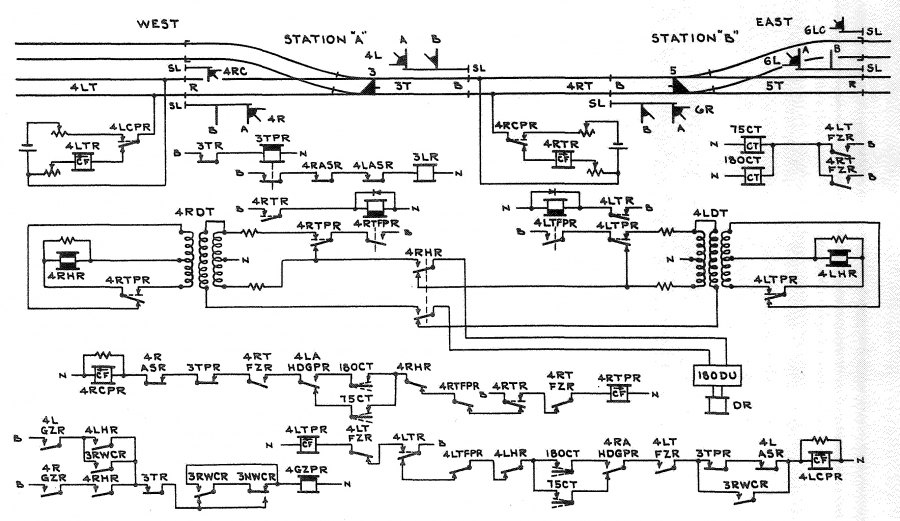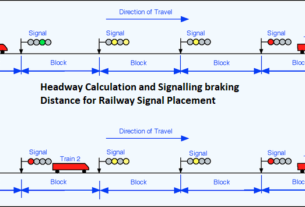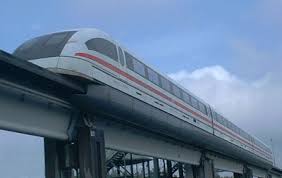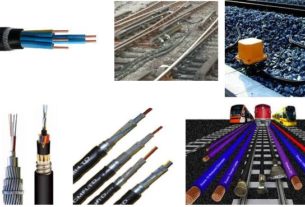Railway High Voltage Impulse Track Circuit
Railway High Voltage Impulse Track Circuit JEUMONT TRACK CIRCUIT
- Ensures correct shunting even on tracks where rust, scale, coal dust, or sand contaminating the rail surface
- High voltage pulses of short duration separated by long intervals
1. To break down semi-insulating surfaces of the rail on occupation
2. Power drawn is much lower due to long intervals
3. Can be felt but not dangerous
4. Adjacent track circuits are separated by means of BJs in the normal way
- Two matching transformers, one at the Tx end & one at Rx end are to be used in non-electrified lines & electrified lines using single rail traction return
- Impedance bonds are used to match in double rail traction return
Railway High Voltage Impulse Track Circuit – TRANSMITTER
- Transmitter with external power supply unit (NCO EAT 115CA) connected to AC 120v (103 to 127v AC)
Type NCO.EGT.600
- Transmitter Working on DC 24v (22.5 to 28.8v DC)
Type NCO.BET.24CC (50 watts)
- Transmitter Working on AC120V (103 to 127v AC) and stand-by DC 12v ( 11to 14.5v DC)
Type N.BET.SC-12 (60 watts)
RECEIVER
- Two-wire type – NCO.RVT.600
used in non-electrified lines & electrified lines using single rail traction return
- Four-wire type – NCO.BRT.CA2
DC electrified double rail & long non-electrified lines
- Four-wire type – NCO.CV.TH.2.404
Universal, four independent front & four independent back contacts.
- Matching Transformer-TV.TH.1
Single rail TCs (with 2 ohm resistor) & non-electrified lines
- Matching Transformer-TV.LV
Long non-electrified lines
- Impedance Bond –CIT.1400.CT1
Return current 1000A (continuous) 1400A (one hour)
- Impedance Bond -2000P
Return current 2000A (continuous) 4000A (one hour)
- VDR across the relay coil
- INTEGRATOR for measurement
- Minimum length of track circuit – 15m



